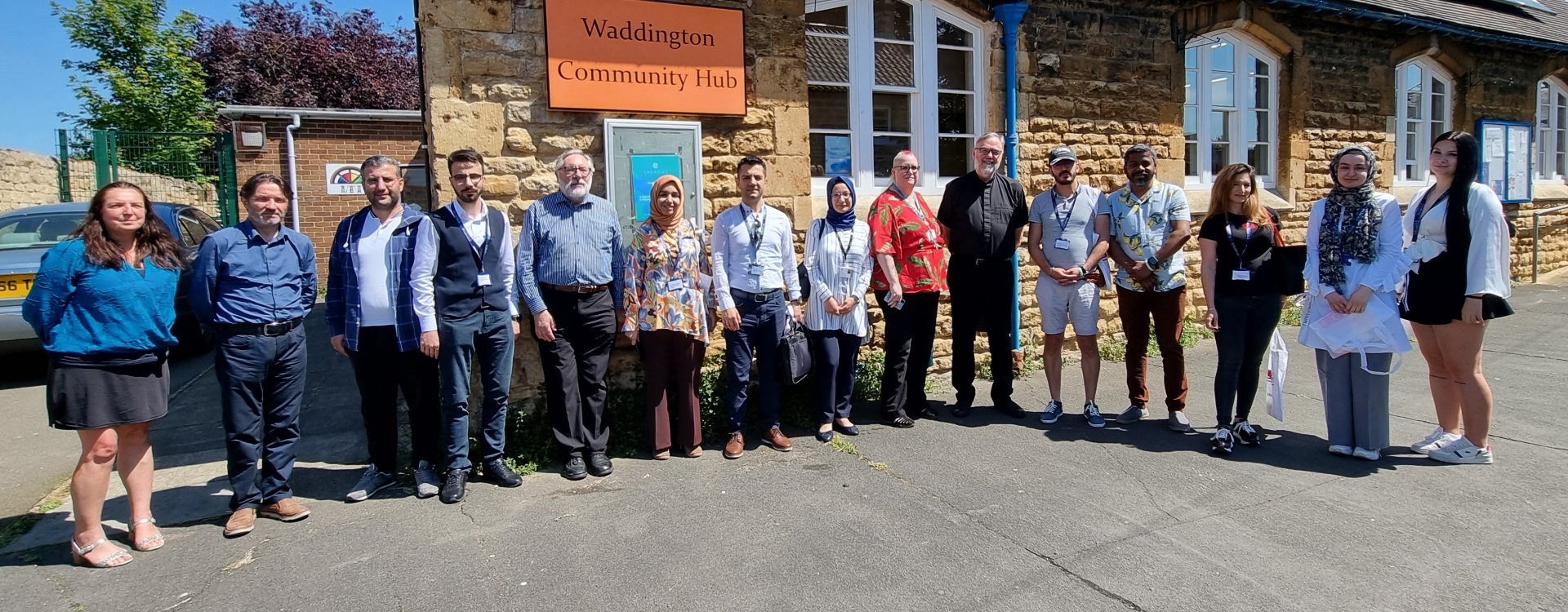Bridging Youth and Young Professionals in a Migrational Context via Digitalisation


The Centre for Reconciliation was privileged to be involved in an international workshop on Intercultural Dialogue with participants from Turkey, Austria, France, and the UK. June 2022, we participated in a panel discussion on Immigration and Migrant Support. In our conversations it became apparent that a few were immigrants. They spoke about what can be done so there is better understanding of cultures and cultural practices as well as national policies of various countries. Policies are often only temporary solutions without long range goals or planning and this needs to change.
Dr Sureyya Sonmez, the main organiser from the University, says ‘The panel members shared their knowledge in the field that they work and on how they support youth from various backgrounds including migrants. LCVYS’s work is relevant to the Erasmus+ Research Project that the participants are working on, which is titled ‘Bridging Youth and Young Professionals in a Migrational Context via Digitalisation’. Thus, we had a productive day through knowledge exchange between the international participants and the panel members. What was valuable and in common among all who got involved in the discussion and visit is that our work unite us which aims to create practical mechanisms to help the vulnerable groups and create cohesion within the society. Discussions were had regarding personal experiences and difficulties of participating in a migrant culture withing the majority culture. Melissa Wheeler, Volunteer Pagan Chaplain and East Midland Coordinator for Pagan Federation said, I enjoyed the opportunity to share in discussions on how we can support youth, and the wider diverse community, with knowledge learned from our past experiences and how we can further assist in seeing opportunities happen for encouraging the diverse communities of Lincolnshire to work together The Revd John Carter, Unitarian Minister and Co-chair of TCfR, spoke of his experience of growing up with the Christian minority experience of the Old Order Peace Churches: i.e. Amish, Mennonite, and Dunkard churches, and how their lifestyle around dress was my way into understanding Immigrant Muslims and their use of the Hijab and Burka. People of faith who signify their faithfulness through the ways that they dress. It was a lively discussion. One way we demonstrated much of our conversation, was in the power of a shared meal, where we sit together and chat as we eat. Wednesday some joined the delegates on a tour of Lincoln Cathedral. Where we were guided by Jonathan Shiell. This tour also allowed us to have informal conversations on the themes of the week.


